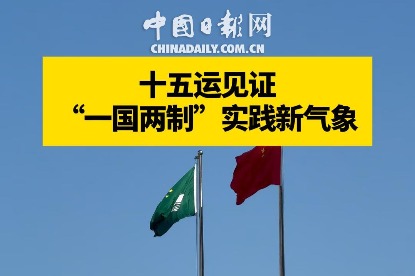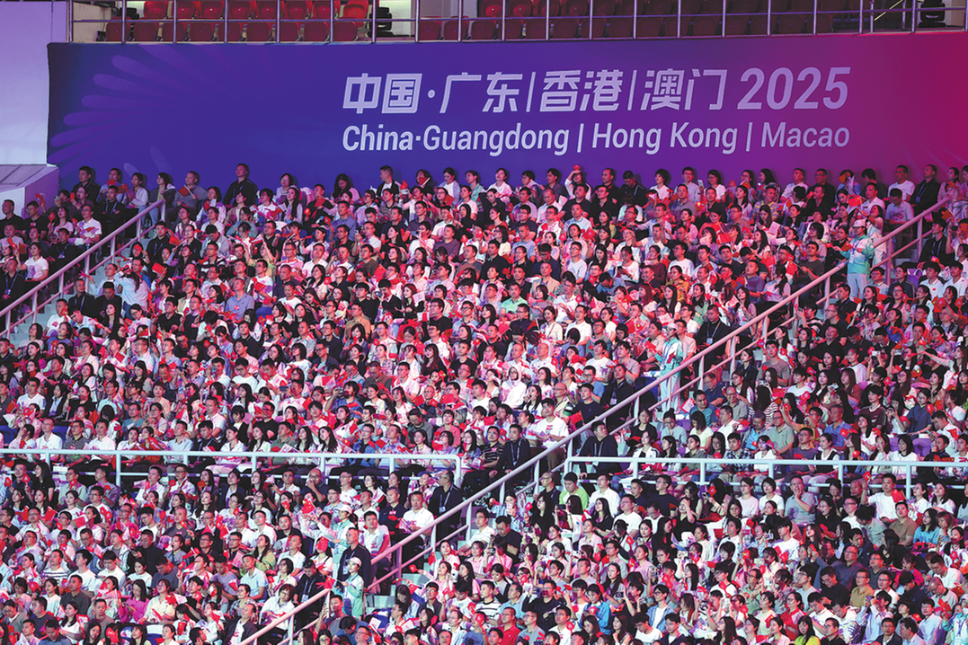A win-win strategy for all

Overseas infrastructure investments will help China get high-yield reserve assets with stable returns
The Year of the Dragon has started off impressively with the nation's sovereign wealth fund, China Investment Corporation (CIC), acquiring a stake in British utility Thames Water and State-owned power company Three Gorges Corporation buying into Portuguese power producer Energias de Portugal. These have been followed by China State Grid bidding for a stake in Portugal's REN, a company that operates power transmission and natural gas distribution.
The auspicious start to the investment year has been strongly endorsed by China's top leadership. During German Chancellor Angela Merkel's recent visit to China, Premier Wen Jiabao renewed his country's pledge to help Europe solve its debt crisis, and explicitly stated that helping Europe is akin to helping China as the EU is China's largest trading partner and export destination.
Investing in the West's infrastructure is a win-win strategy for both sides. The infrastructure investment will help China diversify its foreign exchange reserves and offer relatively high returns. Currently, China's massive foreign exchange reserves of $3.2 trillion (2.4 trillion euros) are mainly invested in US dollar assets, mostly in low-yielding US government bonds.
As the yuan appreciates steadily, this conservative portfolio allocation strategy is meeting with increasing political pressure with critics asking why China with a per capita GDP of less than $5,500 is subsidizing the US with a per capita GDP of more than $49,000 in 2011. At the same time, others point to the higher returns offered by China's domestic bonds than their US counterparts. But converting these reserves into yuan bonds would only create a huge asset bubble.
There is no doubt that China needs to invest its surplus capital abroad and pressure is on to seek high-yield reserve assets with stable returns. While China's investments in Africa and other emerging market economies could prove to be more profitable, as well as strategic, the risks are high as well with civil wars, regime change and social unrest.
Meanwhile, the West -particularly Europe and the US - need large amounts of stable finance to upgrade aging infrastructure. As the West is still recovering anemically from the global financial crisis, Chinese investment in Western infrastructure will not only help relieve the state budgets that are already overly stretched, but also help support privatization and create much needed jobs in a high unemployment environment.
In addition, the West's legal, accounting and financial institutions will also be the big beneficiaries in facilitating Chinese capital outflows. Chinese participation in the West's infrastructure upgrade and renewal could also help lift the West from a deep recession in the short term, and more importantly, will enhance long-term productivity and growth potential.
Rebuilding infrastructure in Europe and the US also has important spillover effects. Resource-rich economies in Africa, Latin America and the Asia Pacific will help sustain the current cycle of commodity boom. Meanwhile, the West's push for infrastructure investment will also help create demand for Chinese steel, construction and heavy machinery equipment industries, which already play a large role globally, thus mitigating the fear of falling demand for Chinese exports.
However, overly strong investment protectionist measures in the West may impede the necessary global adjustment process. While China and emerging economies are running large trade surpluses with the West, the West must keep its financial and capital flow channels open in order to facilitate the return of emerging market capital. Importantly, this is perhaps why Premier Wen did not attach any preconditions on Chinese investments in Europe. What he specifically requested from the EU was to open its market to Chinese investment.
The author is head of Greater China economic research, Australia and New Zealand (ANZ) Banking Group, Hong Kong.
(China Daily 02/17/2012 page7)
Today's Top News
- China warns Japan against interference
- Nation's euro bond sale shows investors' confidence
- No soft landing for Tokyo's hard line
- Commerce minister urges US to increase areas of cooperation
- Strong demand for China's sovereign bonds signals global confidence
- Ministry urges Japan to 'maintain self-respect'






























